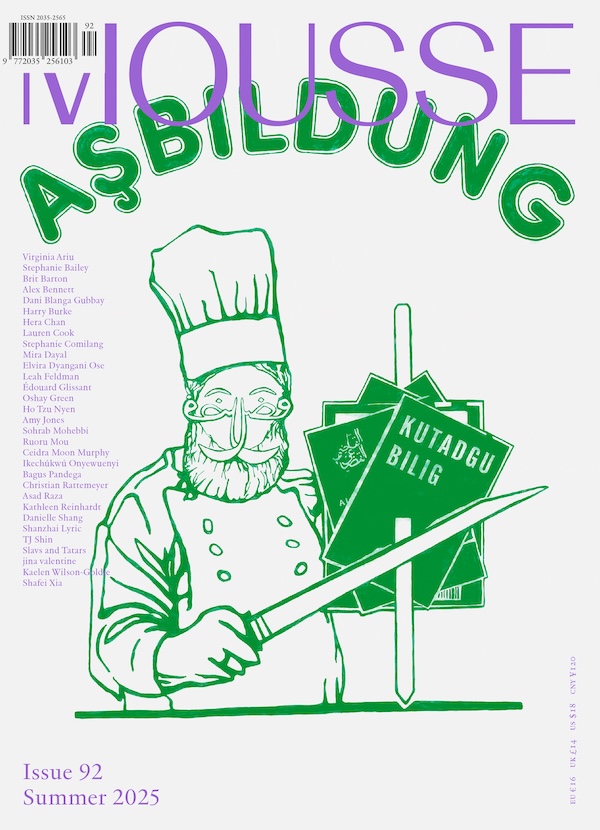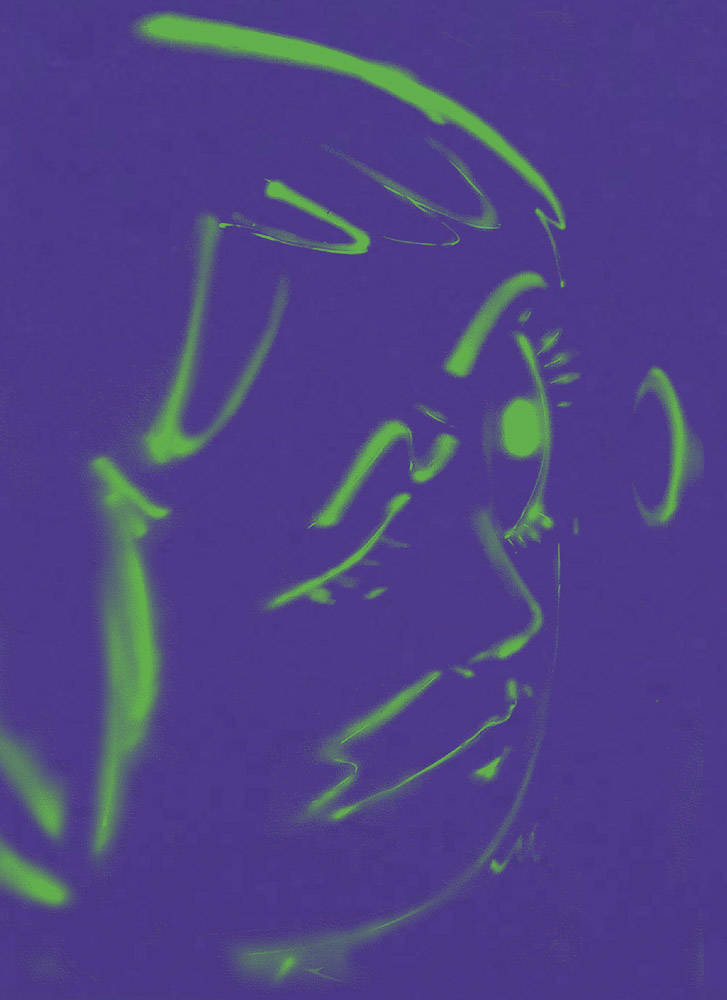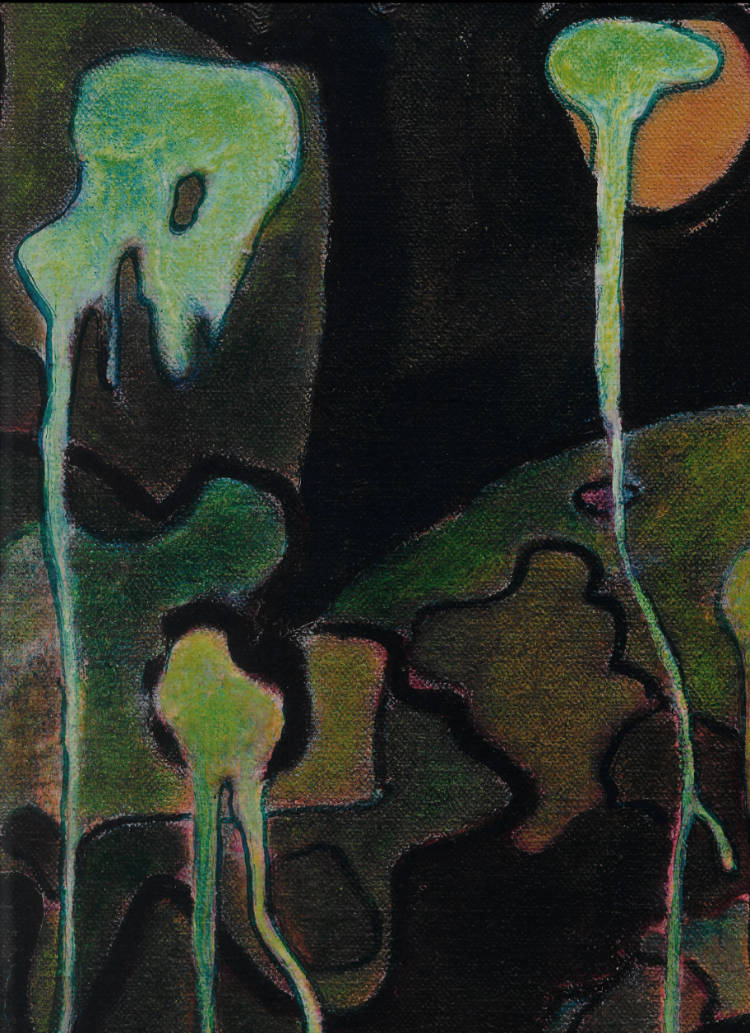
Traveling in the Dark
A fully-fledged artistic project expanded with writings, poems, and aphorisms by the artist alongside various interviews.
Traveling in the Dark is an exhibition and a publication by the world-renowned film director, poet, writer, music composer, literary critic, and art theorist Trinh T. Minh-ha. The book is a fully fledged artistic project conceived by Trinh from the script and visuals of her film What about China? and expanded with her writings, poems, and aphorisms as well as various interviews that investigate "a relationship to infinity," "memory of the mirror," and the "in-between." The book offers an experience with many possible entries, words, voices, thoughts, images, and pauses. As a visual, poetic, and philosophical experience, Traveling in the Darkinvites us to rethink and experience "reality" differently from an approach mainly based on knowledge and re-presentation that we already possess or that is imposed on us. In other words: How can we learn to see our world without a priori seeing and knowing? In a time when the "all-seen" and "all-told" invade and control our daily lives, our private spheres and urban spaces, where are the areas of invisibility and shadows that leave us autonomy to see and to think, to say and to represent, to remember and to imagine? Traveling in the Dark engages the visitor and reader in an open montage of visual, sonic, and poetic textures, whose resonances, vibrations, recollections, exchanges, brushes, reflections, and passages undermine any pretense of fixed identity, historical truth, or prescribed territory.
Published on the occasion of the eponymous exhibition at Rockbund Art Museum, Shanghai, in 2022-2023.
Born in Vietnam in 1952, Trinh T. Minh-ha is an artist, writer, music composer, filmmaker, and literary theorist, teaching as Distinguished Professor of the Graduate School in the departments of Gender & Women's Studies and Rhetoric at the University of California, Berkeley, San Francisco.
Language: English







